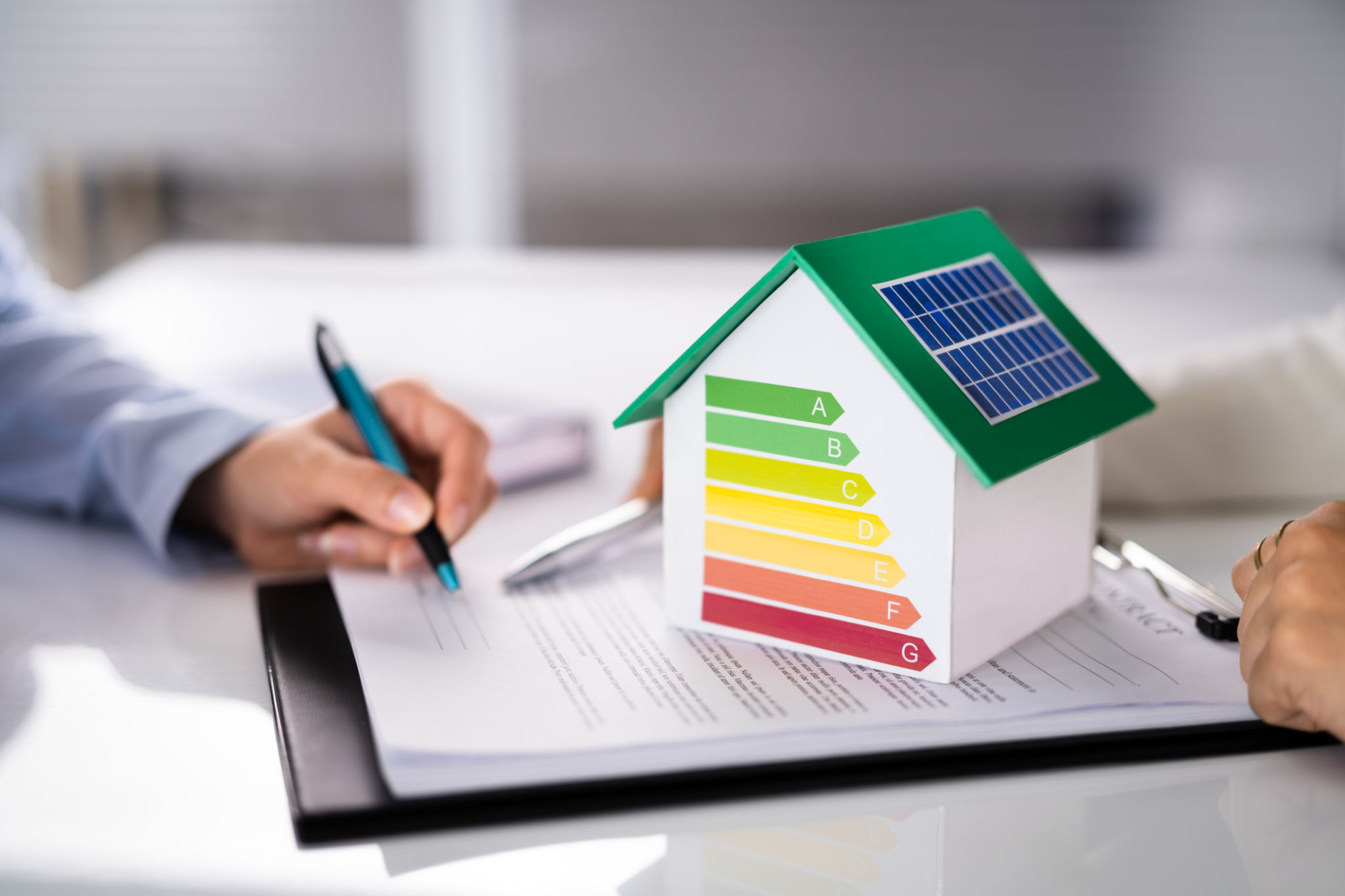How to Choose the Right Power Generation Solution for Your Business
Understanding Your Power Needs
When selecting the right power generation solution for your business, it's crucial to understand your specific power needs. Start by assessing your energy consumption patterns, peak demand periods, and any potential for future growth. This information will serve as the foundation for determining the type and capacity of power generation required. Consider whether your business requires a continuous power supply or if backup power for emergencies will suffice.
It's also important to evaluate the environmental impact of your power solution. Businesses today are increasingly conscious of their carbon footprint, making environmentally friendly options more desirable. Renewable energy sources such as solar or wind may offer sustainable alternatives that align with your company's values and goals.

Exploring Different Power Generation Options
There are several power generation solutions available to meet the diverse needs of businesses. Understanding the advantages and limitations of each option is key to making an informed decision. Here are some common choices:
- Diesel Generators: Known for their reliability and efficiency, diesel generators are often used for backup power. However, they can be noisy and produce emissions.
- Natural Gas Generators: These generators offer a cleaner alternative to diesel, with lower emissions and operating costs, but they require access to a gas supply.
- Solar Power: Ideal for businesses looking to reduce their environmental impact, solar panels convert sunlight into electricity, providing a renewable energy source.
- Wind Power: Suitable for locations with consistent wind patterns, wind turbines can generate significant amounts of clean energy.
Evaluating Costs and Benefits
When selecting a power generation solution, cost is often a significant factor. Businesses must weigh initial investment costs against long-term savings and benefits. Consider the following financial aspects:
- Initial Investment: Determine the upfront costs associated with equipment purchase and installation.
- Operating Costs: Analyze ongoing expenses such as fuel, maintenance, and repair costs.
- Return on Investment (ROI): Calculate potential savings from reduced energy bills and incentives for using renewable energy.

Additionally, consider any government incentives or subsidies that may be available for specific types of power generation. These can significantly offset costs and improve ROI.
Considering Reliability and Maintenance
The reliability of your power generation system is paramount to ensuring uninterrupted business operations. Evaluate the dependability of each option by researching the track record of various technologies and manufacturers. Look into warranties, support services, and ease of access to spare parts.
Regular maintenance is essential to keep your power system running efficiently and prolong its lifespan. Consider the availability and cost of local maintenance services when choosing your solution. Some systems may offer remote monitoring capabilities that allow for proactive maintenance and troubleshooting.

Aligning with Business Goals
Your choice of power generation solution should align with your broader business goals and values. If sustainability is a core component of your brand identity, prioritizing renewable energy options could enhance your reputation and appeal to environmentally conscious customers.
Furthermore, consider the scalability of your chosen solution. As your business grows, your energy needs may increase, requiring a system capable of scaling up without significant additional investment.
Conclusion
Choosing the right power generation solution for your business involves careful consideration of various factors including power needs, costs, reliability, and alignment with business goals. By thoroughly evaluating these aspects, you can make a well-informed decision that supports both your operational requirements and long-term objectives.
Ultimately, the right power solution can enhance your business's efficiency, sustainability, and resilience in an ever-evolving market landscape.